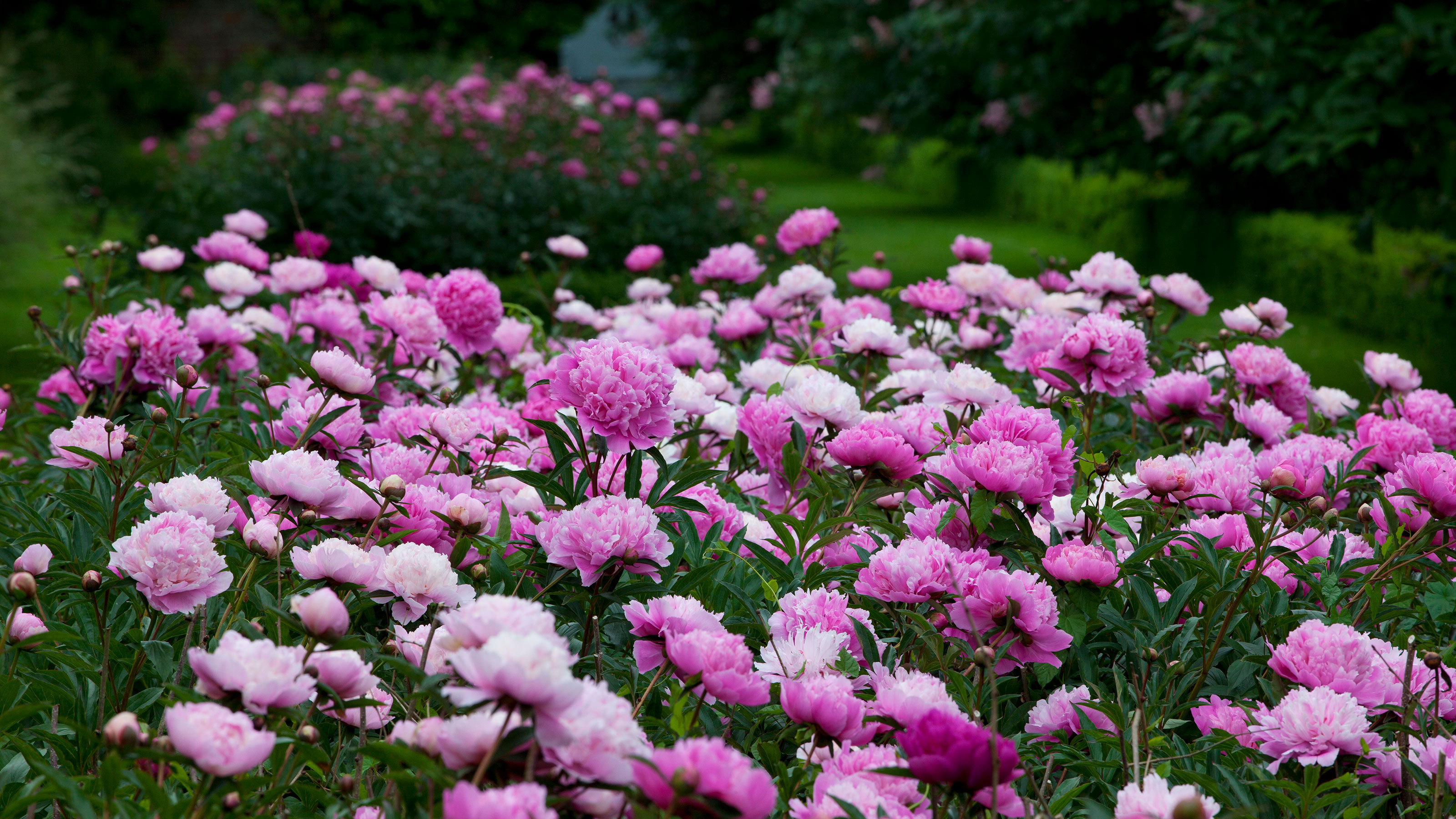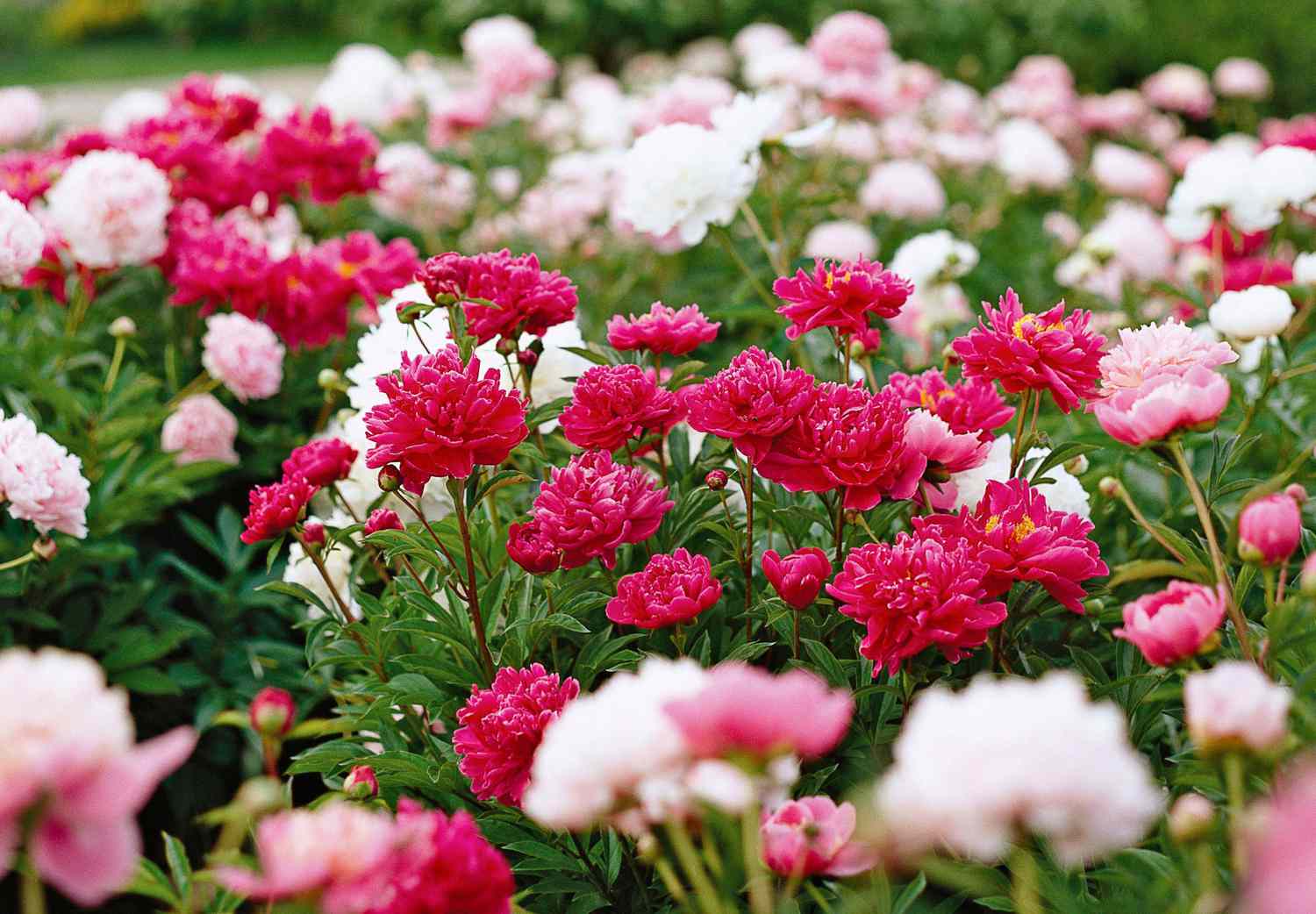Peonies are among our favorite flowers, and we’re thrilled they’re back in season! Discover more about the enchanting peony, including its history and fascinating facts.
The History of the Peony Flower
There are various stories about how the peony got its name. One account suggests it comes from the Greek word “Paeon.”
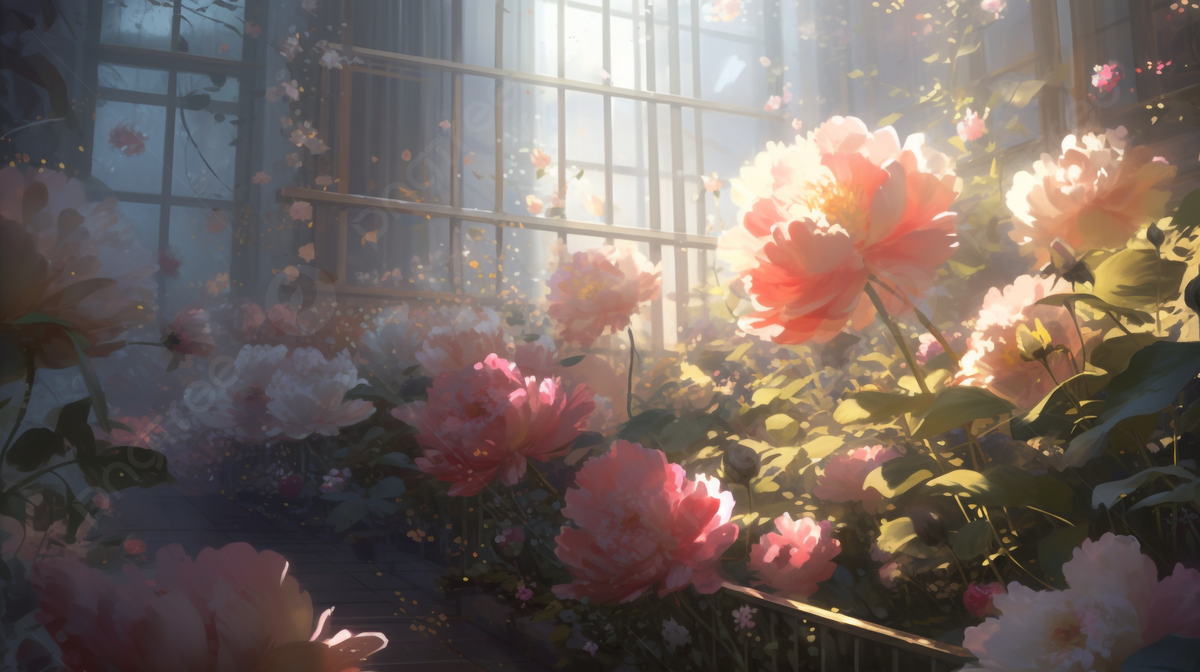
In Greek mythology, Paeon was a healer for the gods who incurred the wrath of his mentor, Asclepius, after using the milky liquid from a peony root to cure Pluto. Asclepius, the god of medicine and healing, was envious and threatened to kill Paeon. To save him, Zeus transformed Paeon into the beautiful peony flower.
Another legend connects the name to a nymph named Paeonia, whose beauty captivated Apollo. Jealous, Aphrodite turned her into a peony, which is likely why the flower was associated with bad luck in Victorian times.
Peonies have been cultivated since around 1000 BC in China and reached Japan by the eighth century, where they are still major producers. In Eastern traditions, peonies were valued for their medicinal properties. The roots and seeds were commonly used to treat headaches, asthma, and childbirth pain.
Tree peonies were introduced to Europe in the early 1800s by explorers and have since become popular as ornamental garden plants and cut flowers.
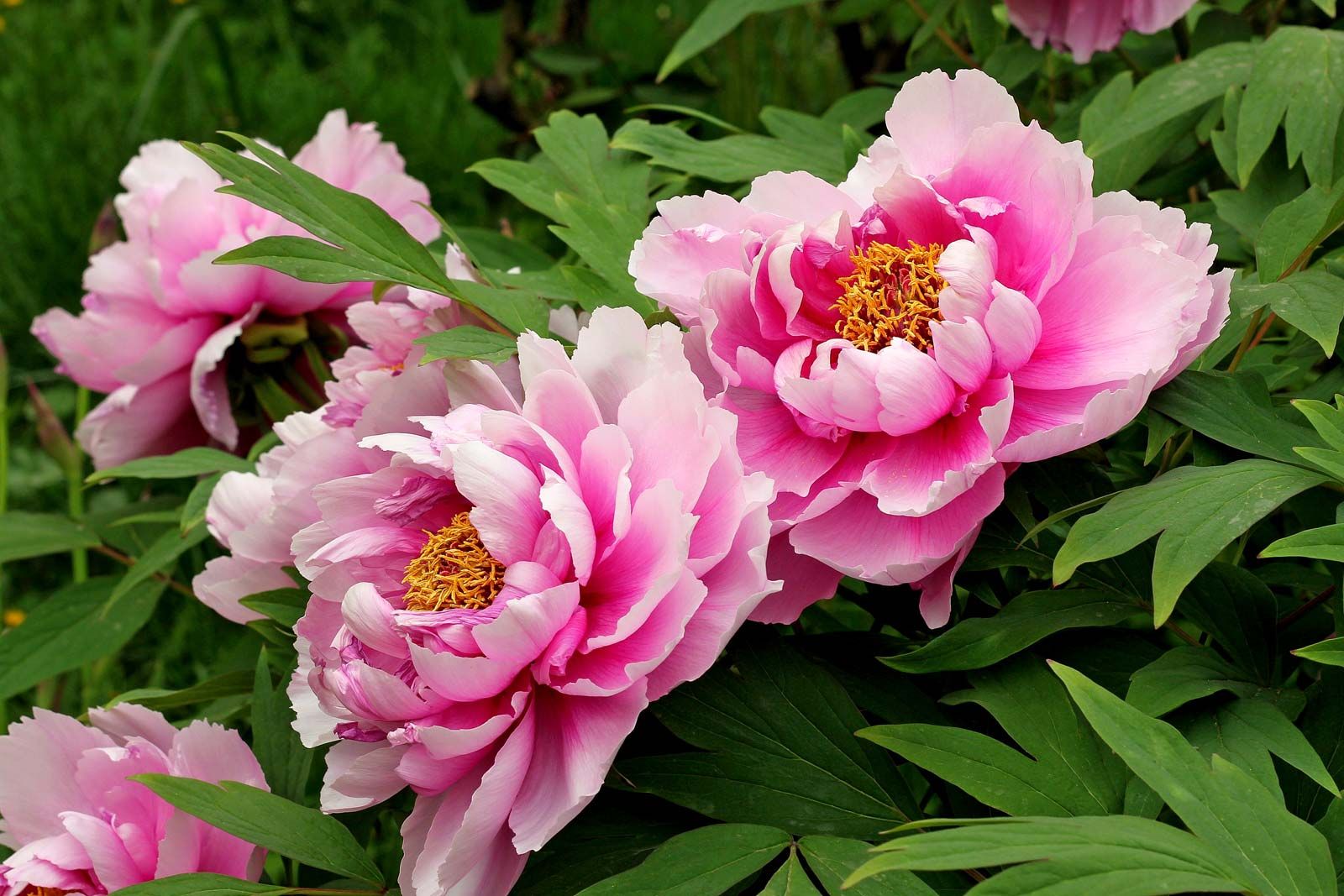
Peony Facts
The majority of peony plants in gardens today are hybrids of original true varieties.
There are around 40 species of peony that originate from Asia, Europe, and North America.
Peony flowers can reach up to 10 inches in diameter.
They are bowl-shaped and come in every color except blue.
Peonies bloom from late spring to early summer.
Peonies can self-pollinate.
In China, partially cooked and sweetened peony petals are used in desserts. Fresh petals can be added to salads or used as a garnish for lemonade.
In the language of flowers, peonies symbolize romance, elegance, honor, wealth, and abundance.
Peonies are a popular choice for summer wedding bouquets and are the official flower for the 12th wedding anniversary.
The peony is the state flower of Indiana.
Peonies are perennial plants that can live up to 100 years under optimal conditions.
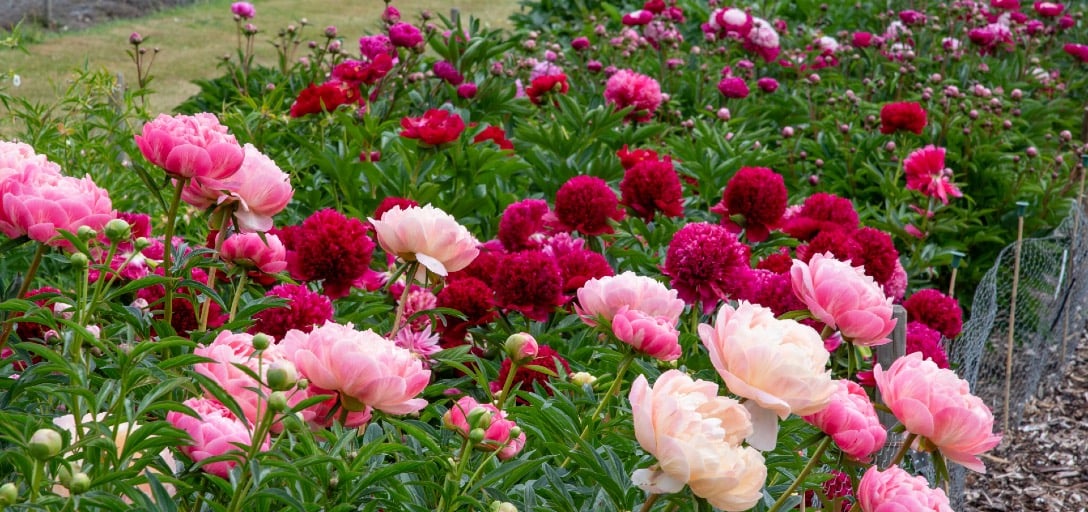
From their rich mythology to their stunning appearance, peonies hold a special place in gardens and floral arrangements alike. Their long history, diverse varieties, and symbolic meanings make them a cherished flower around the world. Whether you’re admiring their beauty in a bouquet, enjoying their presence in your garden, or exploring their culinary uses, peonies offer a timeless elegance that continues to captivate and inspire.
